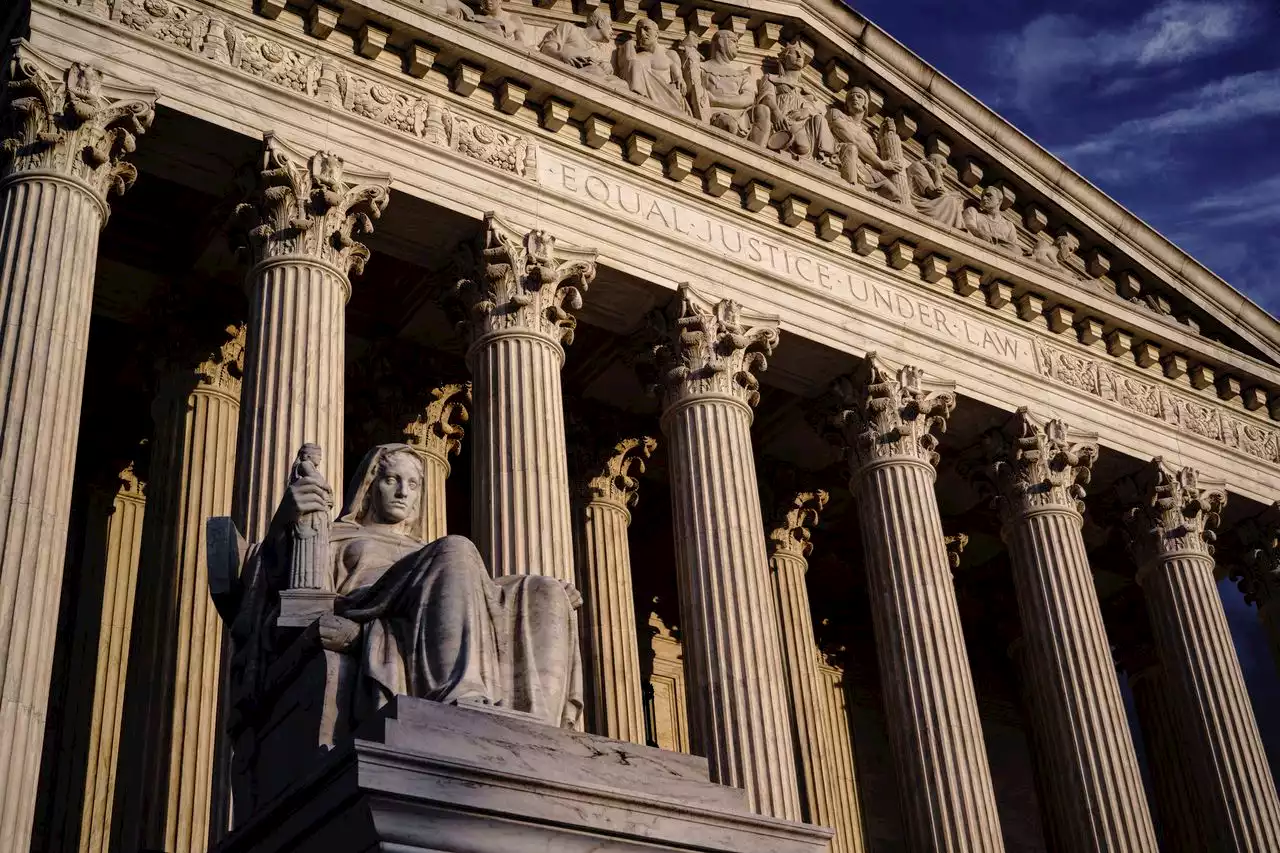Supreme Court rules for parents seeking state aid for religious schools [Breaking]
The Supreme Court on Tuesday extended its support for religious schools, ruling that parents who send their children to these institutions have a right to tuition aid if the state provides it to other similar private schools.from Maine could open the door to including religious schools among the charter schools that are privately run but publicly financed.
Maine has an unusual subsidy program because many of its small towns do not have a public high school. In such cases, students may enroll in a private school and the state pays their tuition.Since 1980, however, the state has not extended these subsidies to students in church schools, apparently fearing it would be unconstitutional to do so.Chief Justice John G. Roberts Jr. said that discrimination based on religion “was odious to our Constitution and could not stand.
“This court continues to dismantle the wall of separation between church and state that the framers fought to build,” said Justice Sonia Sotomayor. “This court should not have started down this path five years ago. ... Today, the court leads us to a place where separation of church and state becomes a constitutional violation,” she said, closing her dissent “with growing concern for where this court will lead us next.
“It was an open secret that ‘sectarian’ was code for ‘Catholic,’” Roberts Jr. wrote in 2020, describing the common state laws that prohibit sending tax money to schools affiliated with a church. These restrictions were “born of bigotry” and “arose at a time of pervasive hostility to the Catholic Church and to Catholics in general,” heJustices Clarence Thomas and Neil M. Gorsuch have said they would go further and uphold laws or policies that favor religion.
“The court said again no state may set up a program of private school choice and exclude funding for faith-based schools,” said Nicole Garnett, a Notre Dame law professor.
United States Latest News, United States Headlines
Similar News:You can also read news stories similar to this one that we have collected from other news sources.
 Supreme Court says Maine cannot bar religious schools from state tuition programThe Supreme Court ruled that the state of Maine must allow parents who receive taxpayer-funded tuition assistance payments to use them at religious schools, saying a ban on the practice had violated the First Amendment.
Supreme Court says Maine cannot bar religious schools from state tuition programThe Supreme Court ruled that the state of Maine must allow parents who receive taxpayer-funded tuition assistance payments to use them at religious schools, saying a ban on the practice had violated the First Amendment.
Read more »
 U.S. Supreme Court rules against DaVita over dialysis coverageThe U.S. Supreme Court on Tuesday rejected kidney dialysis provider DaVita Inc's claims that an Ohio hospital's employee health plan discriminates against patients with end-stage renal disease by reimbursing them at low rates in hopes they would switch to Medicare. In a 7-2 decision authored by conservative Justice Brett Kavanaugh, the court ruled that Marietta Memorial Hospital's employee health plan did not violate federal law by limiting benefits for outpatient dialysis because it did so without regard to whether patients had end-stage renal disease.
U.S. Supreme Court rules against DaVita over dialysis coverageThe U.S. Supreme Court on Tuesday rejected kidney dialysis provider DaVita Inc's claims that an Ohio hospital's employee health plan discriminates against patients with end-stage renal disease by reimbursing them at low rates in hopes they would switch to Medicare. In a 7-2 decision authored by conservative Justice Brett Kavanaugh, the court ruled that Marietta Memorial Hospital's employee health plan did not violate federal law by limiting benefits for outpatient dialysis because it did so without regard to whether patients had end-stage renal disease.
Read more »
 US Supreme Court rules that Hanford-worker federal entitlements are discriminatoryIn a ruling against Washington state, the U.S. Supreme Court has held that a 2018 law — allowing for workers’ compensation for federal contract workers at a decommissioned nuclear facility — is unconstitutional.
US Supreme Court rules that Hanford-worker federal entitlements are discriminatoryIn a ruling against Washington state, the U.S. Supreme Court has held that a 2018 law — allowing for workers’ compensation for federal contract workers at a decommissioned nuclear facility — is unconstitutional.
Read more »
 Supreme Court rules religious schools can get Maine tuition aidThe decision could fuel a renewed push for school choice programs in some of the 18 states that have so far not directed taxpayer money to private, religious education.
Supreme Court rules religious schools can get Maine tuition aidThe decision could fuel a renewed push for school choice programs in some of the 18 states that have so far not directed taxpayer money to private, religious education.
Read more »
 Supreme Court rules Maine violated Constitution by excluding religious schools in aid programNEW: The Supreme Court ruled that Maine cannot exclude religious schools from a state tuition aid program, saying that doing so violates the First Amendment.
Supreme Court rules Maine violated Constitution by excluding religious schools in aid programNEW: The Supreme Court ruled that Maine cannot exclude religious schools from a state tuition aid program, saying that doing so violates the First Amendment.
Read more »
 Supreme Court rules religious schools can get Maine tuition aidThe Supreme Court ruled Tuesday that religious schools can’t be excluded from a Maine program that offers tuition aid for private education, a decision that could ease religious organizations’ access to taxpayer money.
Supreme Court rules religious schools can get Maine tuition aidThe Supreme Court ruled Tuesday that religious schools can’t be excluded from a Maine program that offers tuition aid for private education, a decision that could ease religious organizations’ access to taxpayer money.
Read more »
